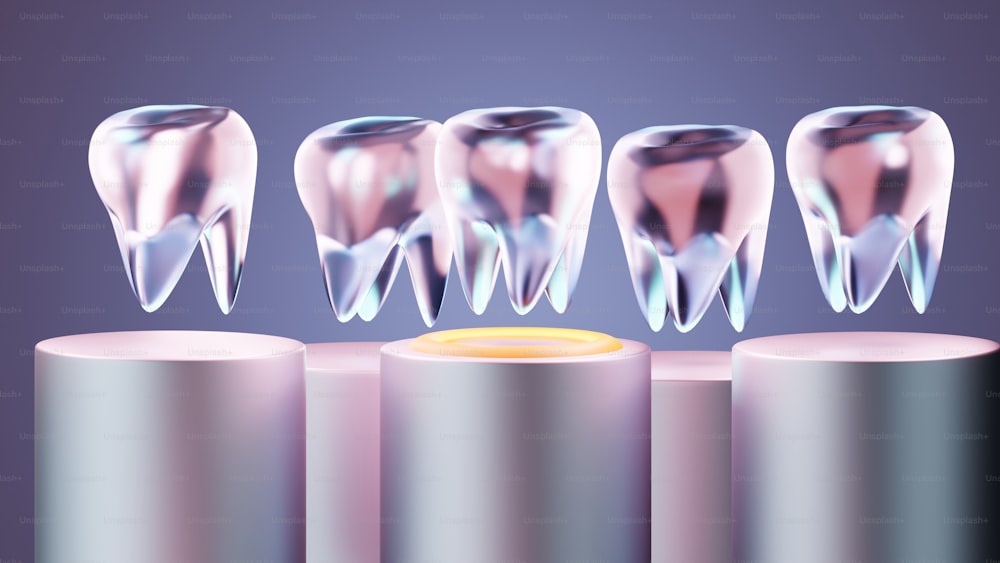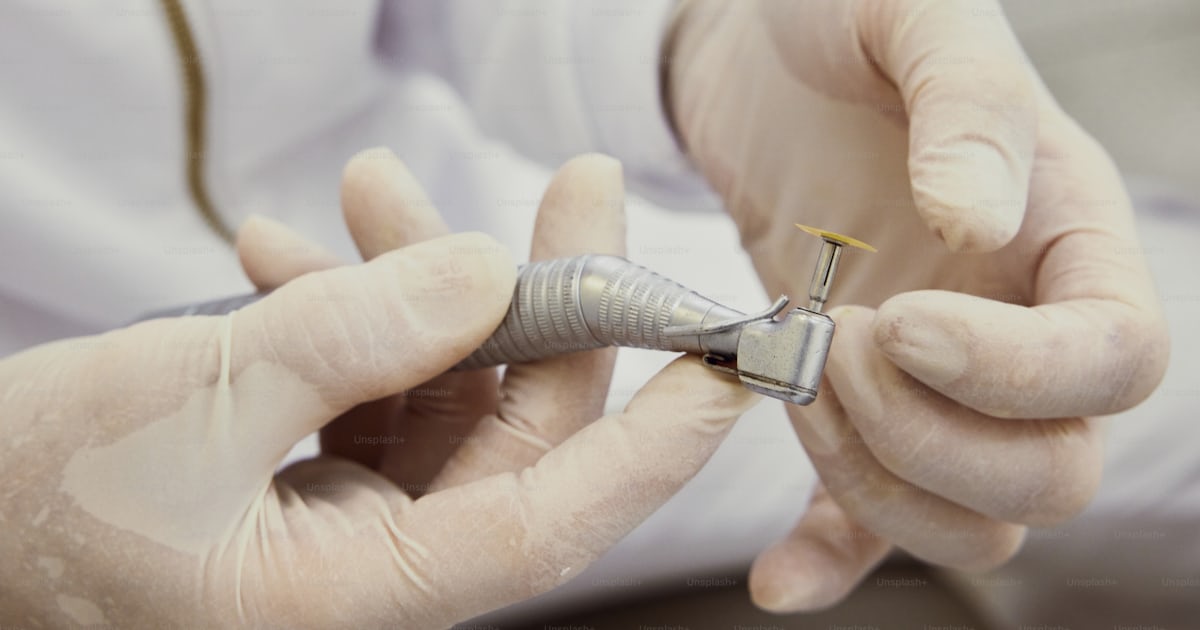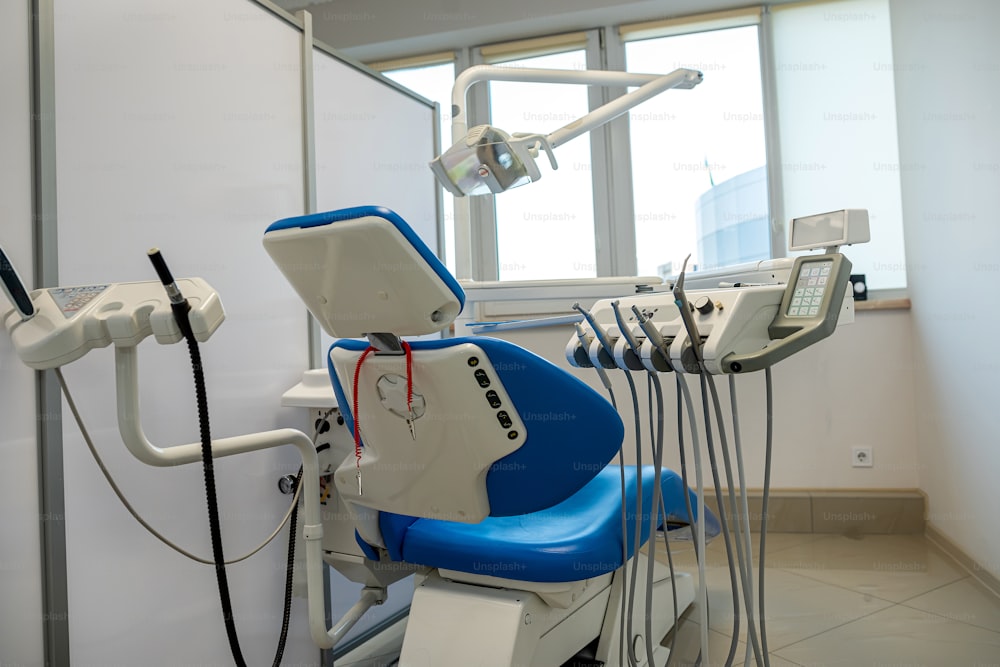Dental Implant Galena OH - Best Dental Implants near Ohio
When determining what type of anesthesia is used for dental implants, it turns into essential to discover numerous options obtainable to patients. The selection of anesthesia can considerably influence the consolation of the procedure, the general experience, and the pace of recovery. Dental Implant Columbus OH.
Local anesthesia is essentially the most commonly used sort for dental implant surgical procedures. In this technique, an anesthetic agent is injected near the surgical website. Local anesthesia successfully numbs the targeted area, permitting the oral surgeon or dentist to perform the process with minimal pain to the affected person. It is beneficial because patients stay totally awake and aware throughout the method, fostering a way of control.
Dental Implant Alexandria OH - Dentist near Ohio
Sedation dentistry presents another strategy for people who could feel anxious in regards to the process. Sedation can range from gentle to deep, permitting sufferers to relax while their implants are placed. Different levels of sedation can be achieved through oral sedatives, nitrous oxide, or intravenous methods. The level of relaxation can be tailored to the specific needs or anxiety levels of the patient.
Nitrous oxide, commonly generally known as laughing gas, is a popular choice for dental procedures, together with implants. This type of sedation works rapidly, permitting sufferers to feel relaxed and euphoric. Administration is convenient, as the gas is inhaled through a masks positioned over the nostril. Patients can sometimes resume normal activities shortly after the procedure, making nitrous oxide a favorite amongst each dentists and sufferers.
Another option is oral sedation. This technique includes taking a prescribed sedative earlier than the appointment. Patients often feel sleepy and less conscious of their environment whereas still being ready to communicate with their dental staff if essential. While oral sedation is effective, its onset and duration can vary from person to person, so dentists should consider particular person needs fastidiously.
Intravenous (IV) sedation presents deeper ranges of sedation, ideal for longer or more complex procedures. This technique allows for rapid adjustment of sedation levels, as the anesthetic is administered immediately into the bloodstream. Patients in this state may feel extremely relaxed and may not bear in mind the process afterward. IV sedation usually requires a extra in depth recovery interval compared to native anesthesia alone.
Dental Implant Johnstown OH - Implant Dentist
General anesthesia, although typically reserved for extra invasive surgeries, can be thought of for dental implants in particular situations. This kind of anesthesia induces a state of full unconsciousness, requiring close monitoring by an anesthesiologist. General anesthesia is suitable for sufferers with severe anxiety, those that have issue sitting nonetheless for lengthy periods, or when multiple procedures are performed simultaneously.
The number of anesthesia may additionally depend on the affected person's medical historical past and any underlying health conditions. Some diseases might increase the chance of problems during anesthesia. Detailed discussions between the affected person and the dental group can result in a custom-made anesthetic plan that ensures safety whereas enhancing comfort.
Many patients categorical concern regarding the unwanted effects associated with anesthesia. While unwanted side effects can range based on the kind used, most local anesthetics present minimal risks. Common considerations embody temporary numbness and swelling near the injection web site. For those who opt for sedation, side effects may embody drowsiness, dizziness, or nausea.
Recovery time also performs a role within the choice of anesthesia. Local anesthesia sometimes permits for a quicker recovery, enabling sufferers to resume regular activities inside hours. Sedation strategies may require extra time for the medication to wear off, necessitating preparations for transportation post-procedure.
Dental Implant Johnstown OH - Dentist near Ohio

The significance of communication between the patient and the dental practitioner cannot be overstated. Sharing issues and preferences permits for a tailored anesthetic approach. A thorough analysis helps to determine the most appropriate type of anesthesia to make sure both consolation and effectiveness in the course of the dental implant procedure.
In addition to consolation and security, the overall success of dental implants can be influenced by the choice of anesthesia (Dental Implant Condit OH). The effects of tension on the body can complicate surgical procedures and lengthen recovery instances. Therefore, a proper anesthetic plan performs a More hints crucial function in not only instant consolation but also the long-term success of the dental implants.
Dental Implant New Albany OH - Dental Services - Ohio
Patients should be prepared to debate their medical historical past, anxiety ranges, and private preferences when consulting a dentist for dental implants. This open dialogue allows the practitioner to create an anesthetic technique that fits the individual while guaranteeing the process runs smoothly and successfully.

The quest for a pain-free dental implant process may be daunting for many. The varying types of anesthesia create choices that may fit particular person wants, lifestyles, and comfort ranges. The proper selection of anesthesia can turn a doubtlessly annoying dental visit into a extra manageable experience.
Dental Implant Condit OH - Dentist near Ohio
In conclusion, understanding what type of anesthesia is used for dental implants is essential for patients making ready for the procedure. From native to general anesthesia, every method has its advantages and considerations. With a selection of options obtainable, patients can work carefully with their dental team to determine the best method, enhancing not only consolation but also the probability of a profitable outcome. Ultimately, the number of anesthesia directly impacts each the expertise during the procedure and the overall satisfaction with dental implants.
- Local anesthesia is predominantly used for dental implants, offering targeted numbing to the surgical website whereas allowing the patient to stay fully acutely aware.
- Common local anesthetics embrace lidocaine, articaine, and mepivacaine, every chosen for their effectiveness and duration of action.
- Sedation dentistry may be employed for patients with nervousness, usually using average sedation methods like nitrous oxide or oral sedatives.
- General anesthesia may be an option for complicated circumstances or in patients with severe nervousness or particular wants, guaranteeing a very unconscious state.
- The choice of anesthesia is dependent upon the patient's medical history, degree of tension, and complexity of the implant process.
- During the procedure, monitoring of important indicators ensures the affected person's security and comfort levels are maintained.
- Post-surgery, patients are often given directions concerning pain management, which can embody over-the-counter pain relievers alongside suggested dosages of local anesthesia.
- The use of anesthetic agents can vary based mostly on individual responses, necessitating a tailor-made method from the dental skilled.
- Some dental practices could provide digital reality or distraction techniques to help patients manage anxiety alongside anesthesia options.undefinedWhat type of anesthesia is used for dental implants?
What is the most typical sort of anesthesia used for dental implants?undefinedThe commonest kind of anesthesia for dental implants is native anesthesia, particularly lidocaine. This numbs the surgical space to attenuate pain in the course of the process.
Can I request sedation for my dental implant surgery?undefinedYes, many dentists supply sedation choices, similar to oral sedation or nitrous oxide, for patients who really feel anxious or choose a extra relaxed experience during dental implant surgery.
Dental Implant New Albany OH - Best Dentists with Reviews

Will I be awake through the dental implant procedure?undefinedIf native anesthesia is used, you may be awake but numb within the treatment area. If sedation is chosen, you could be in a light sleep and not absolutely conscious of the process.
How long does the anesthesia last through the procedure?undefinedThe results of native anesthesia typically last for 1 to three hours, relying on the particular medication used. However, the duration can resource differ based mostly on particular person components.
Dental Implant Hartford OH - Implant Dentist

Are there any unwanted aspect effects of dental anesthesia?undefinedPossible unwanted aspect effects can embody momentary numbness, swelling, bruising, and, in rare instances, allergic reactions. It's important to debate any issues together with your dentist beforehand.
Can I eat or drink after receiving anesthesia for my dental implant?undefinedIt's greatest to keep away from eating or ingesting until the numbness has fully worn off to stop biting your tongue or cheek. Follow your dentist’s particular post-operative instructions for one of the best results.
How is anesthesia administered for dental implants?undefinedLocal anesthesia is usually administered through a small injection directly into the gum tissue. Sedation choices could involve inhalation or oral medicine that can help you loosen up before the process.
Dental Implant Galena OH - Dental Implants
Do I need someone to drive me house after the procedure?undefinedIf you’ve obtained sedation, it’s really helpful to have someone drive you home, as you may feel groggy or disoriented. Local anesthesia alone often doesn't require help.
What if I even have a concern of needles?undefinedIf you have a fear of needles, discuss this together with your dentist. They can provide strategies to help ease your nervousness, similar to utilizing topical numbing brokers earlier than the injection.